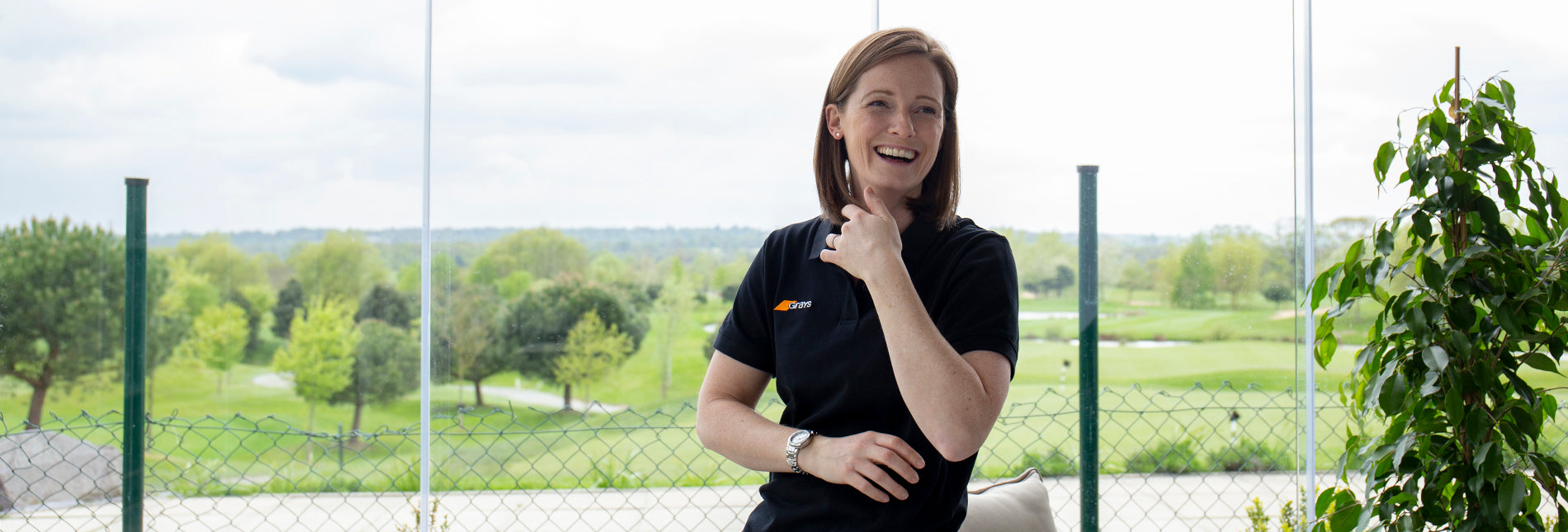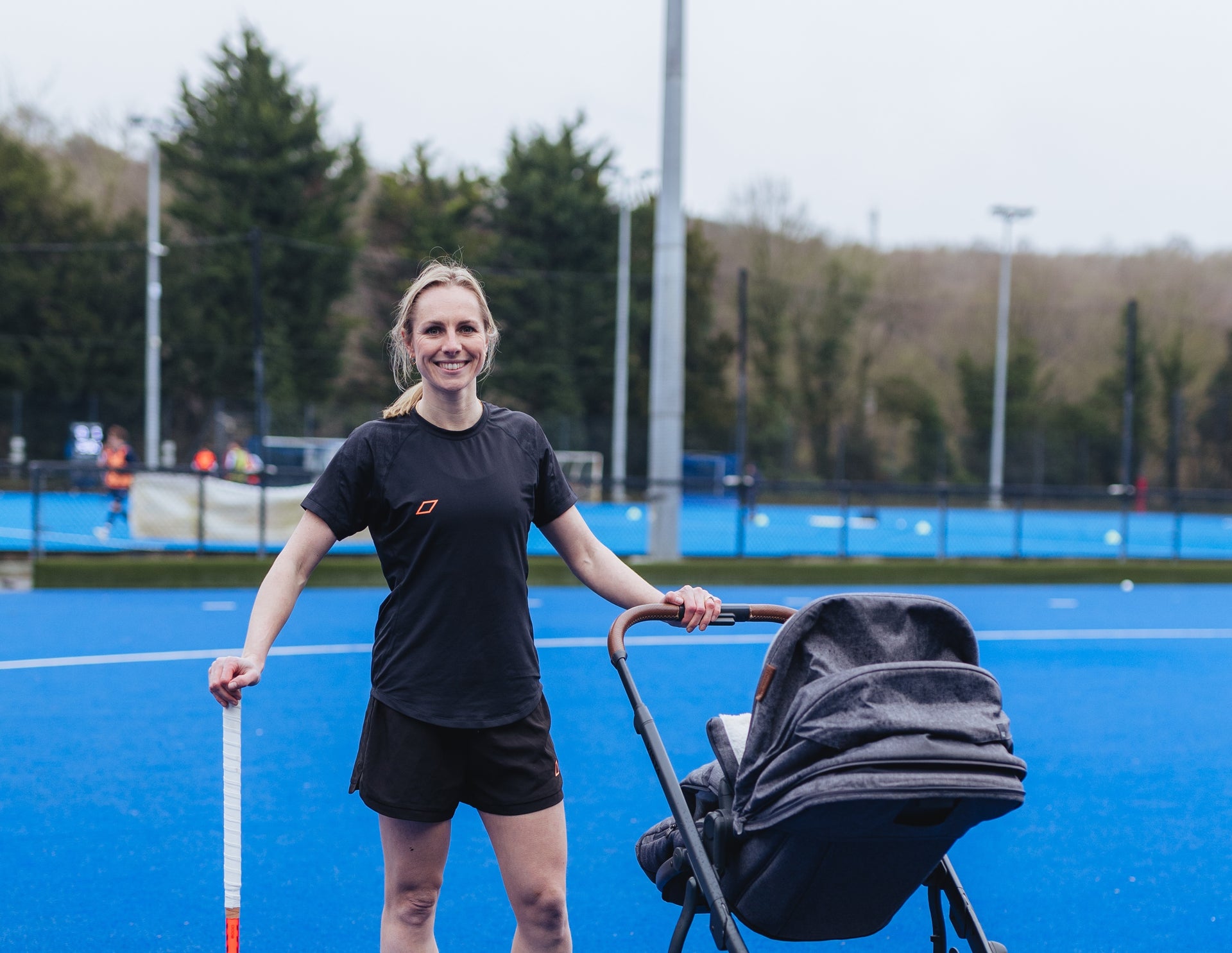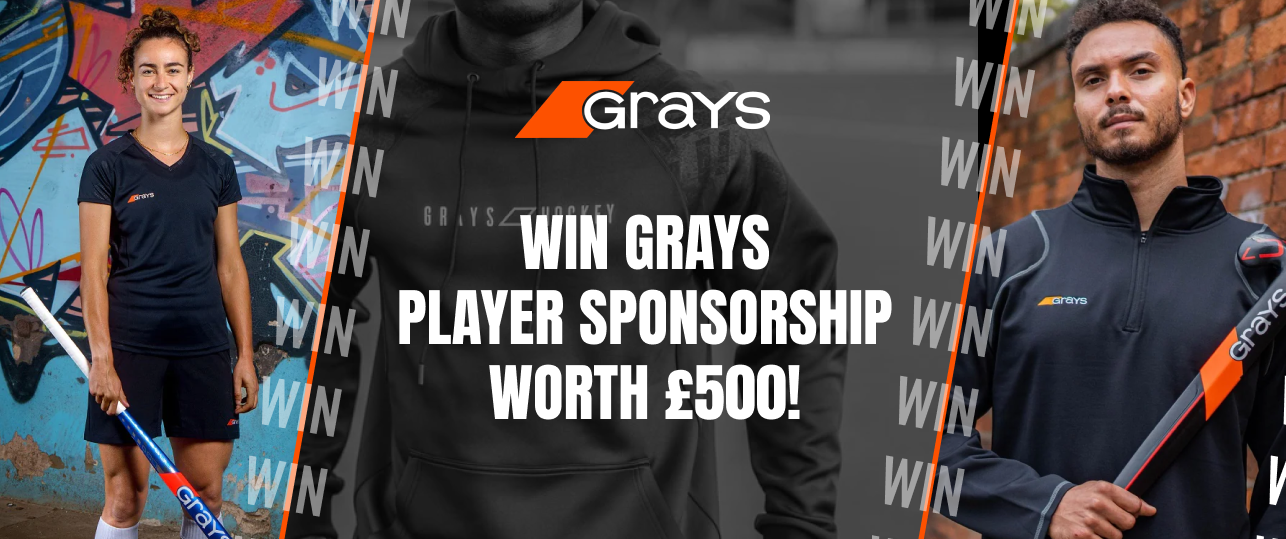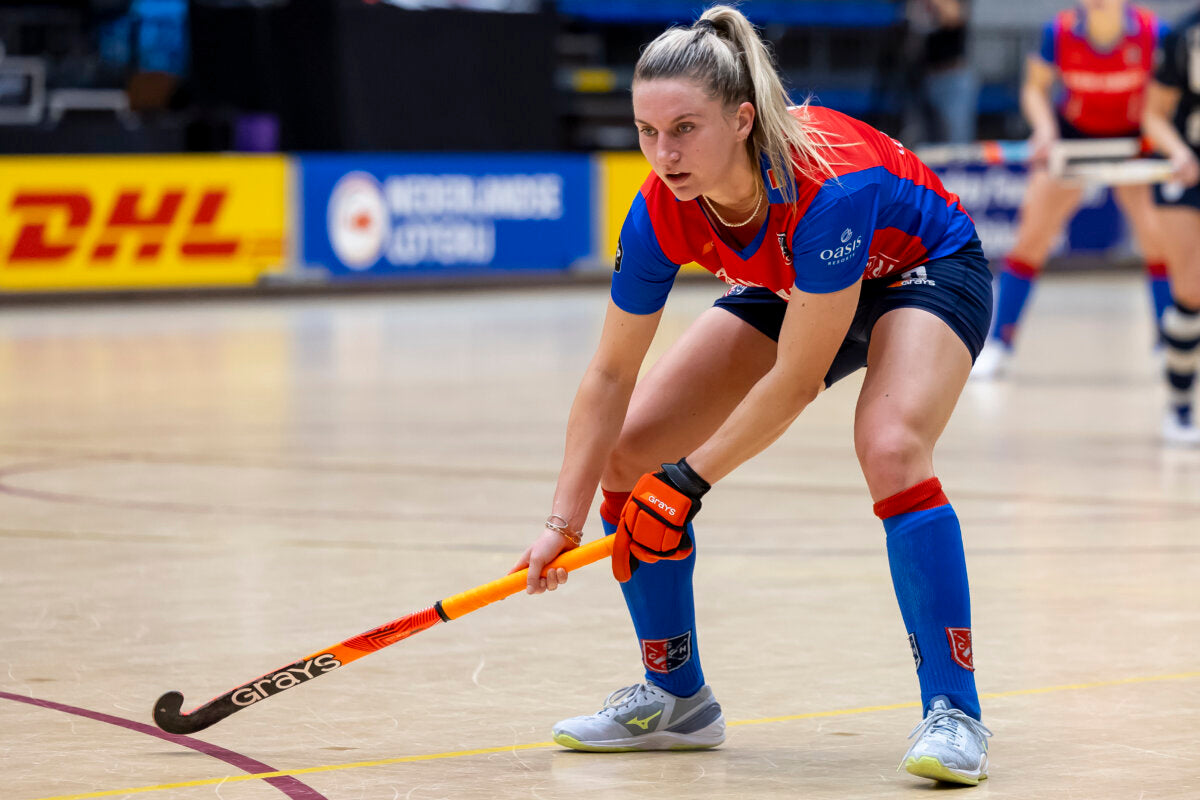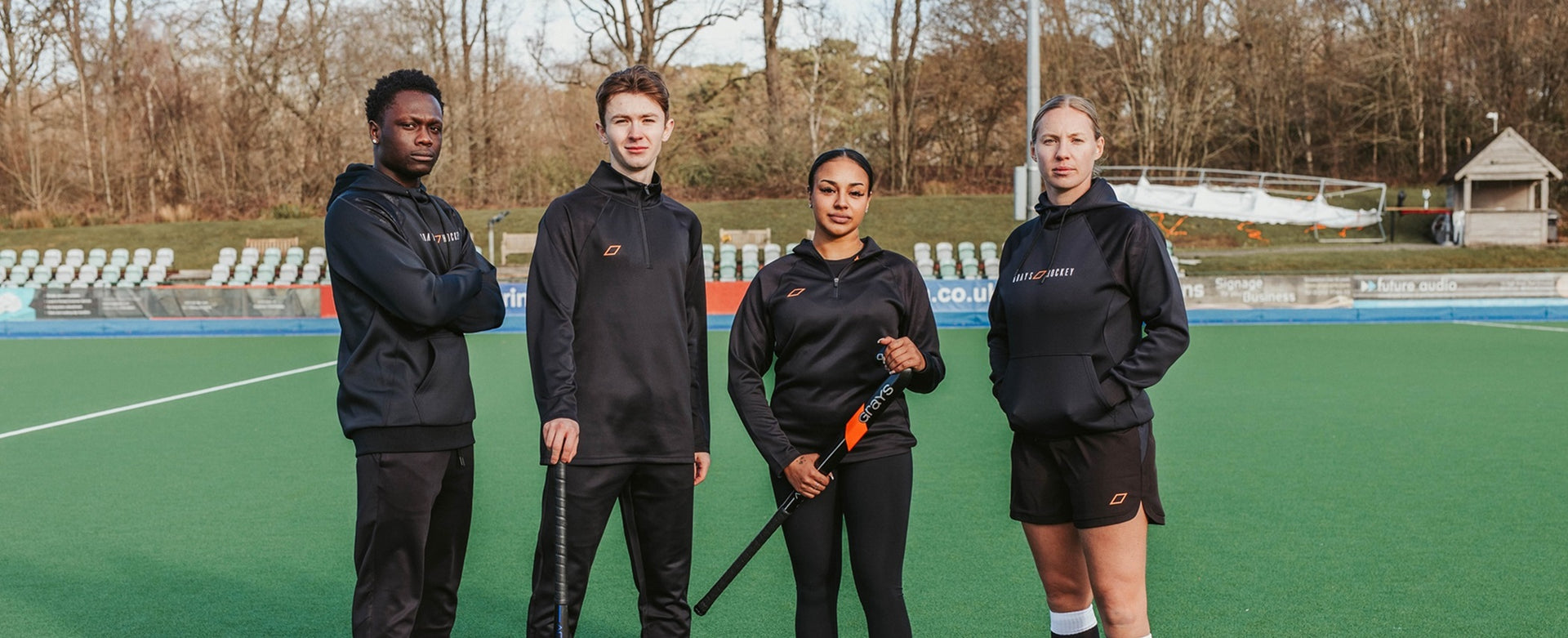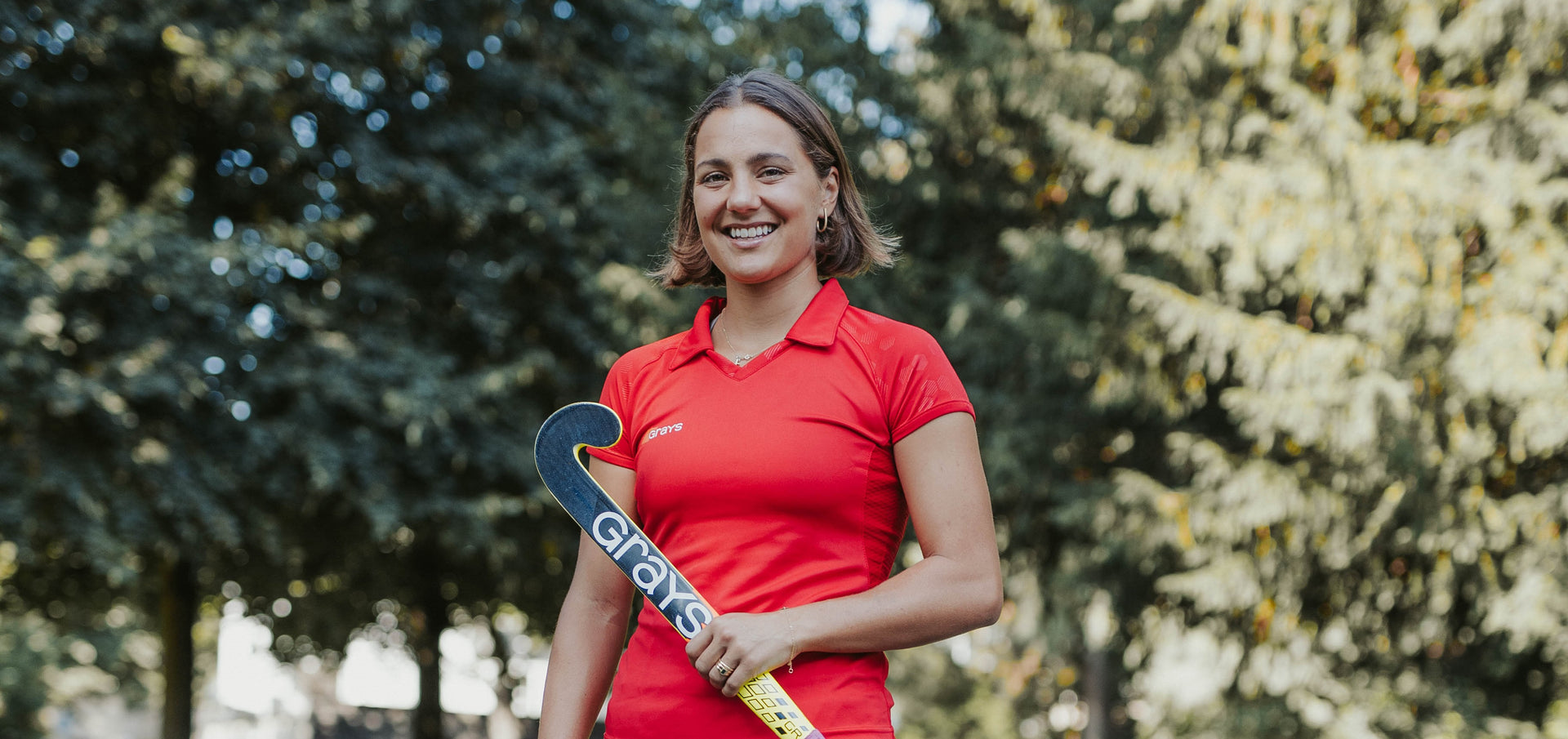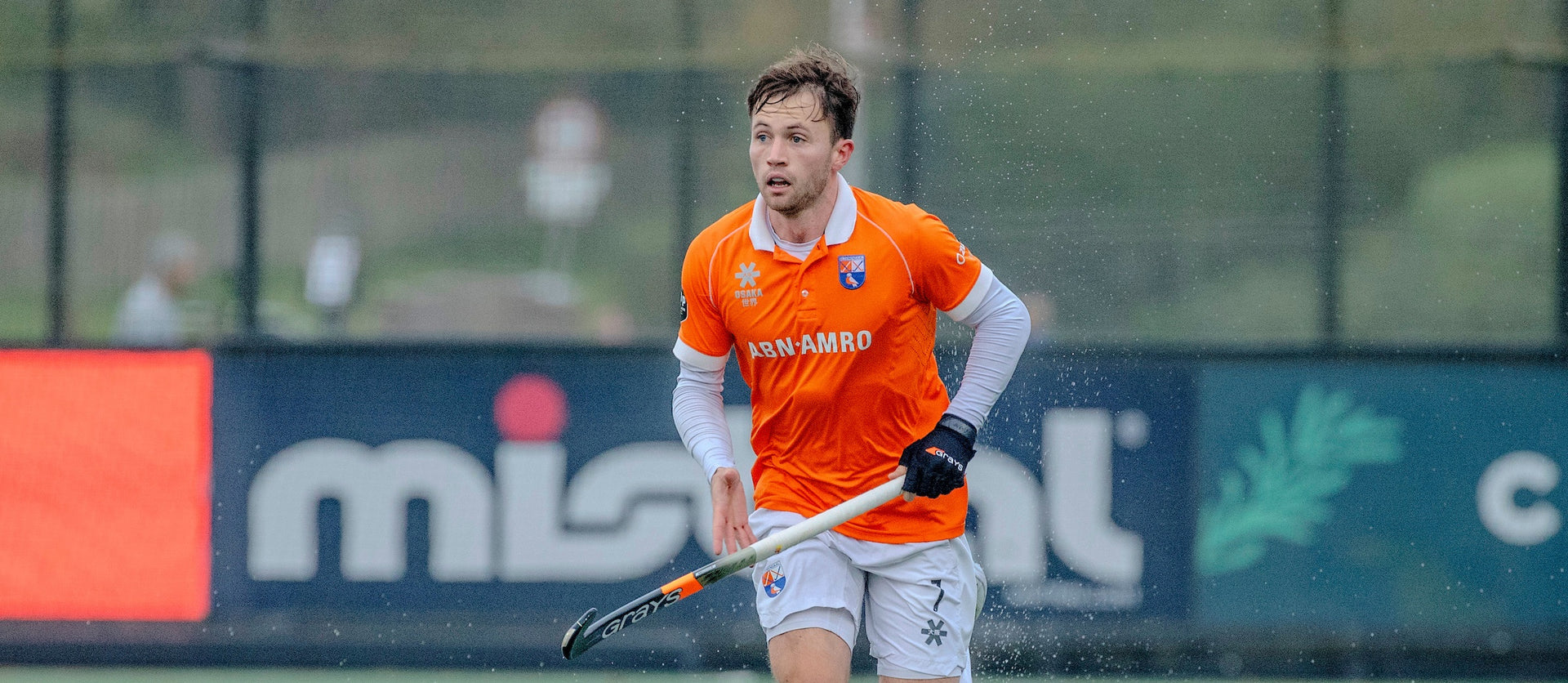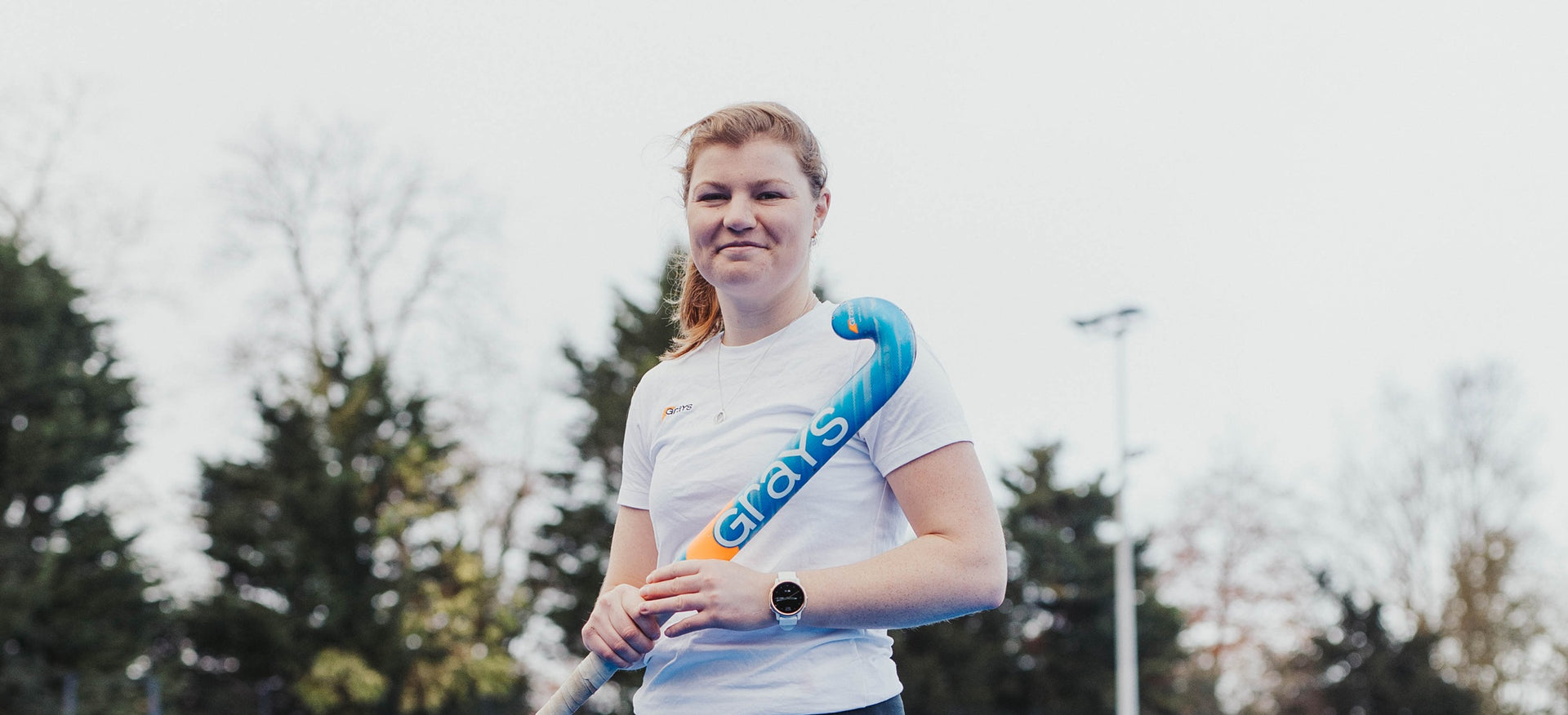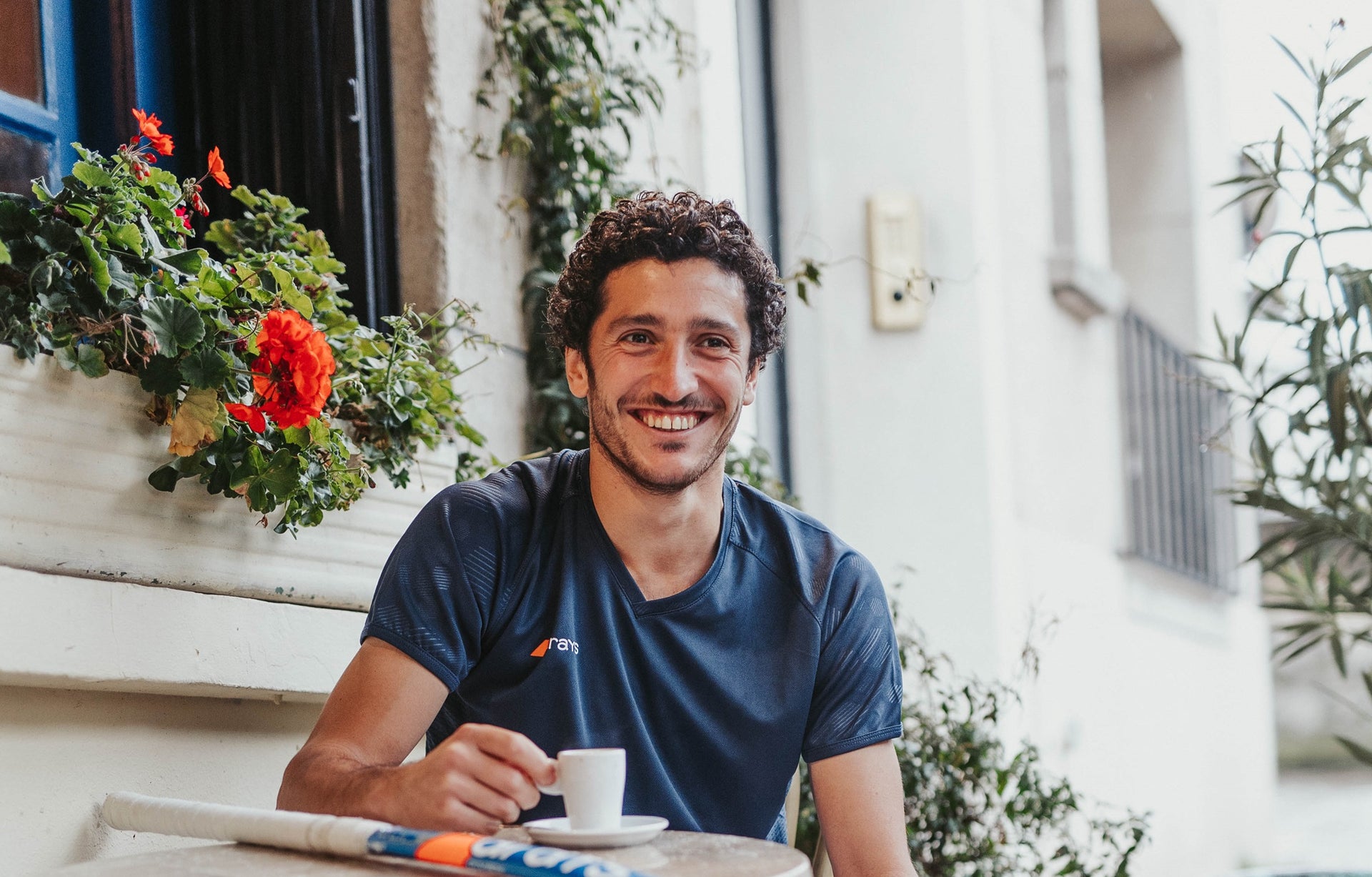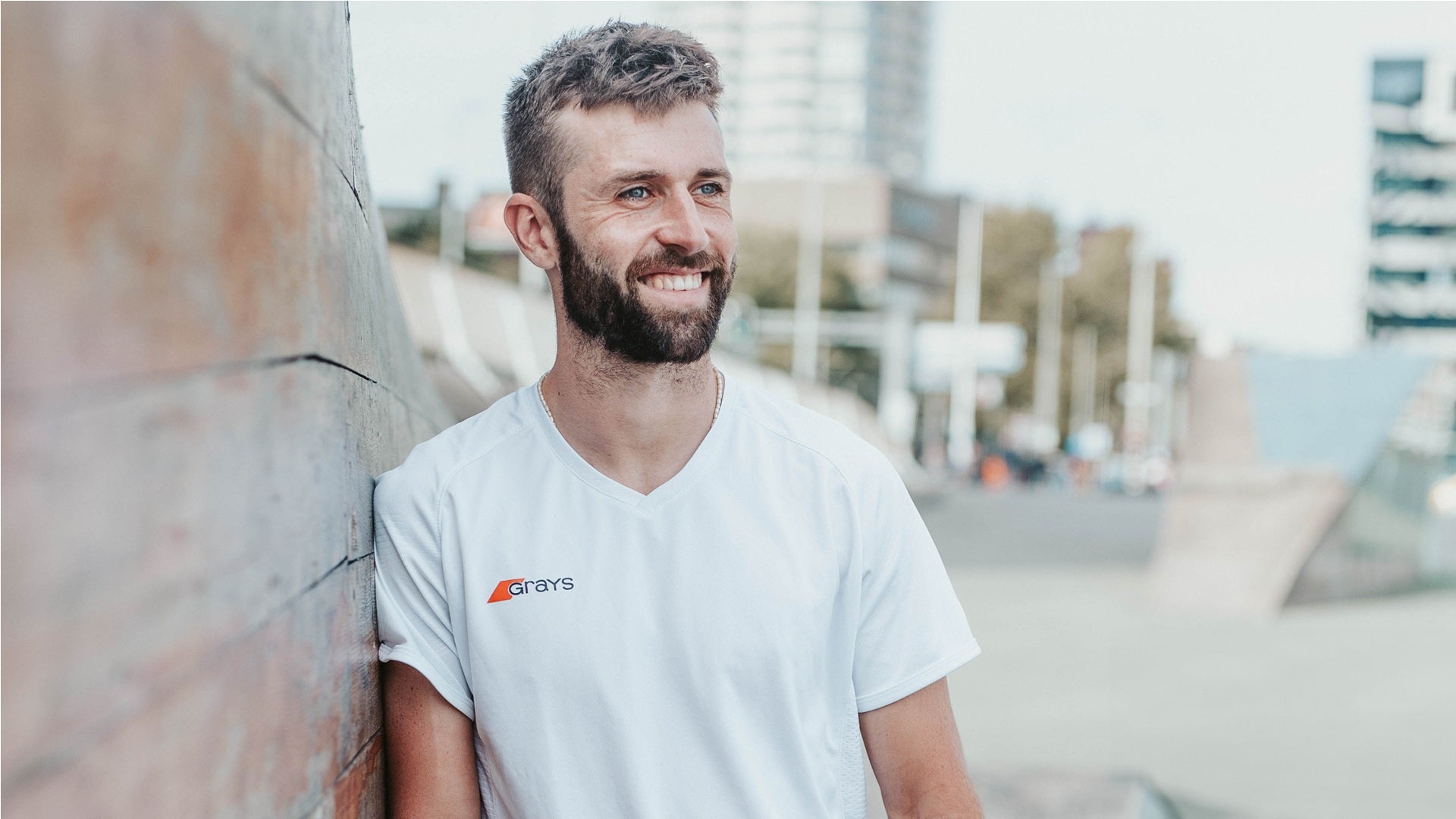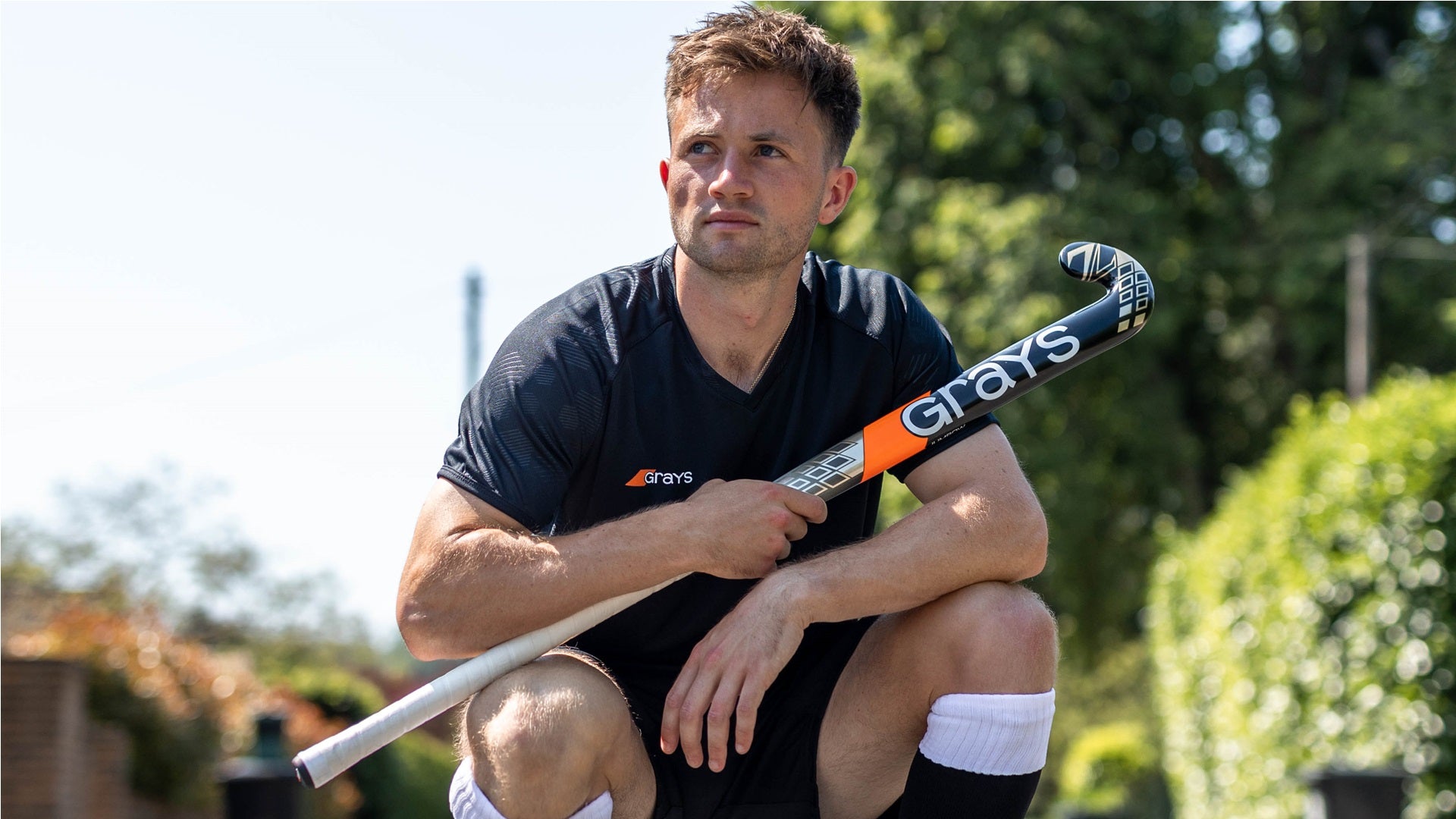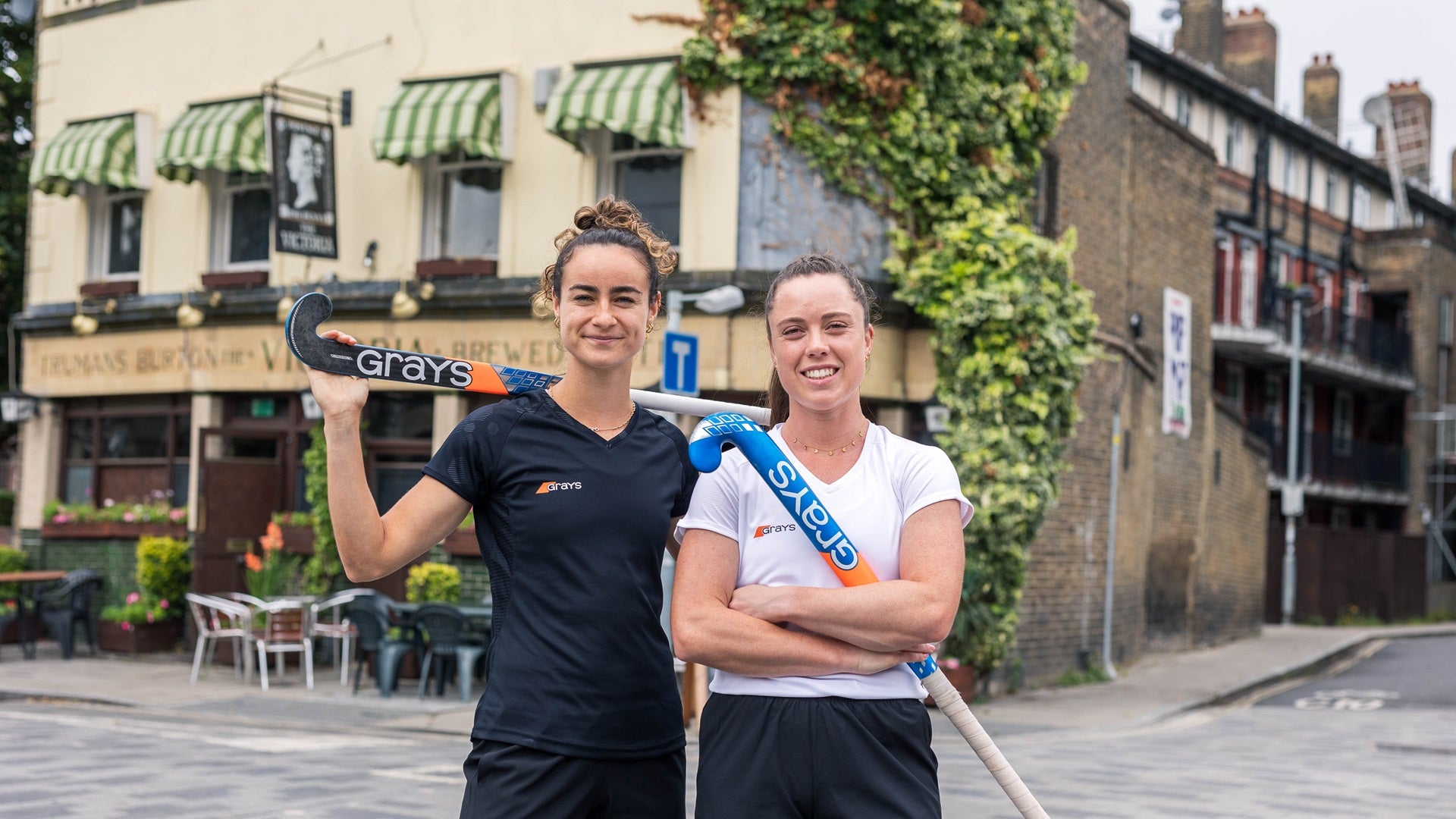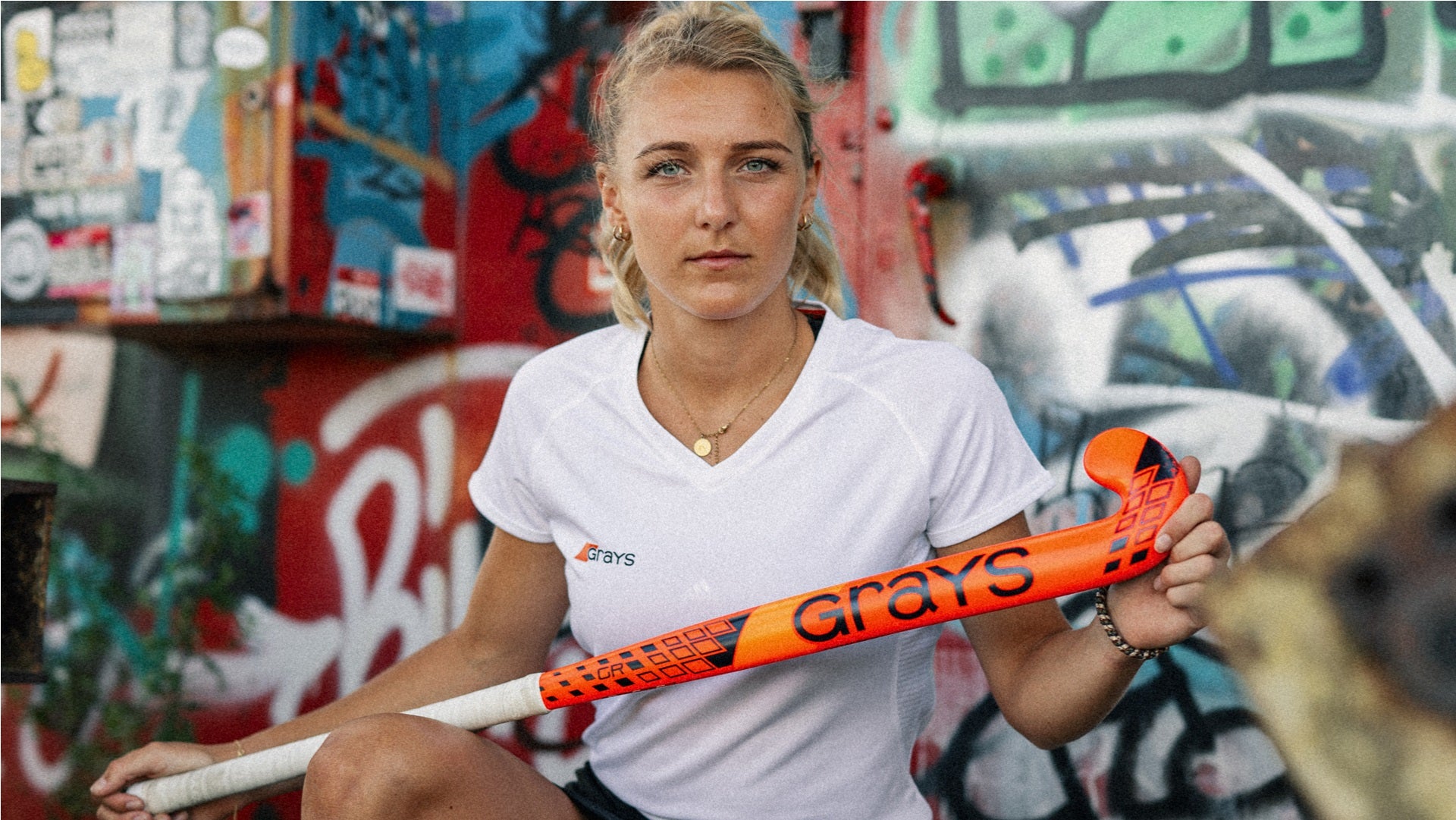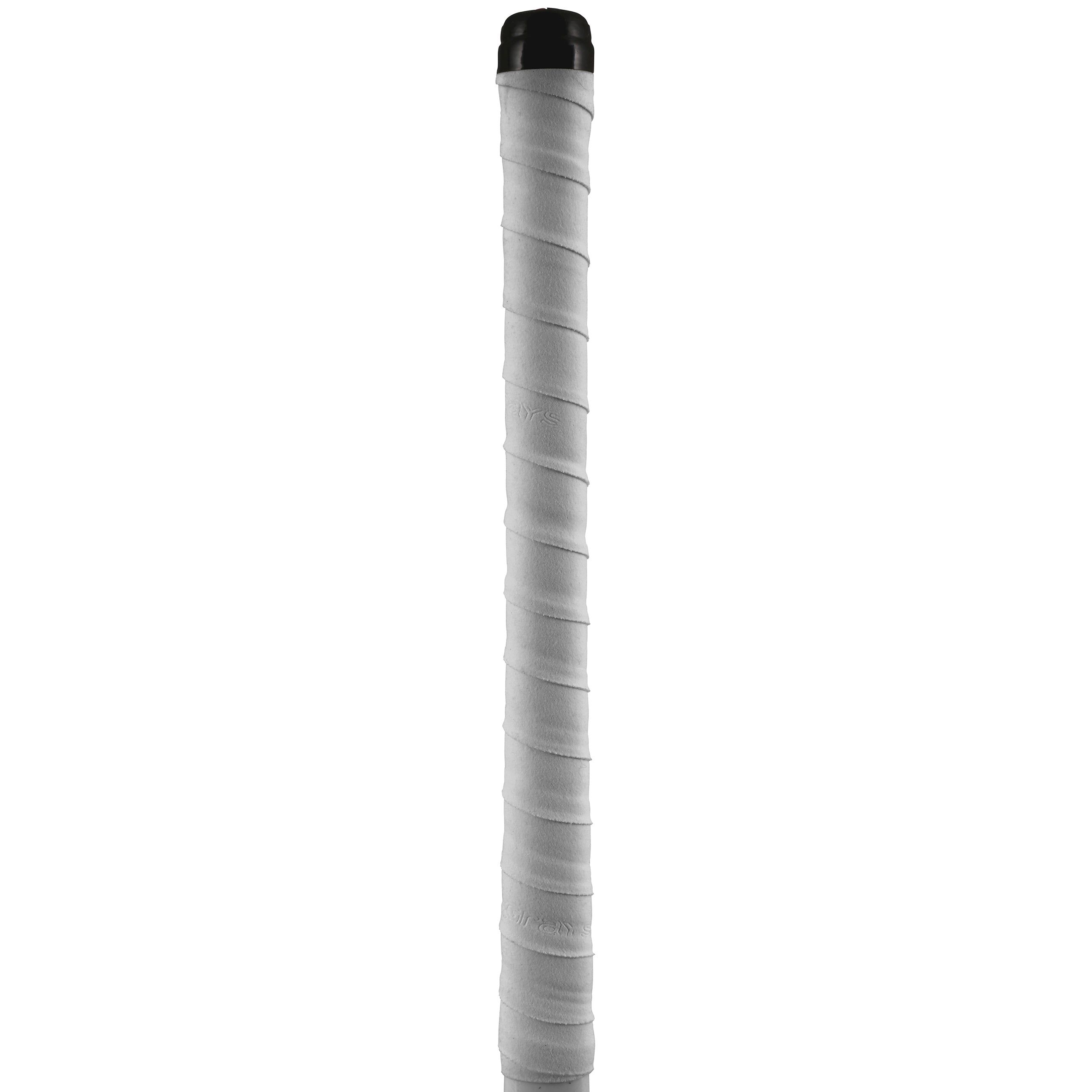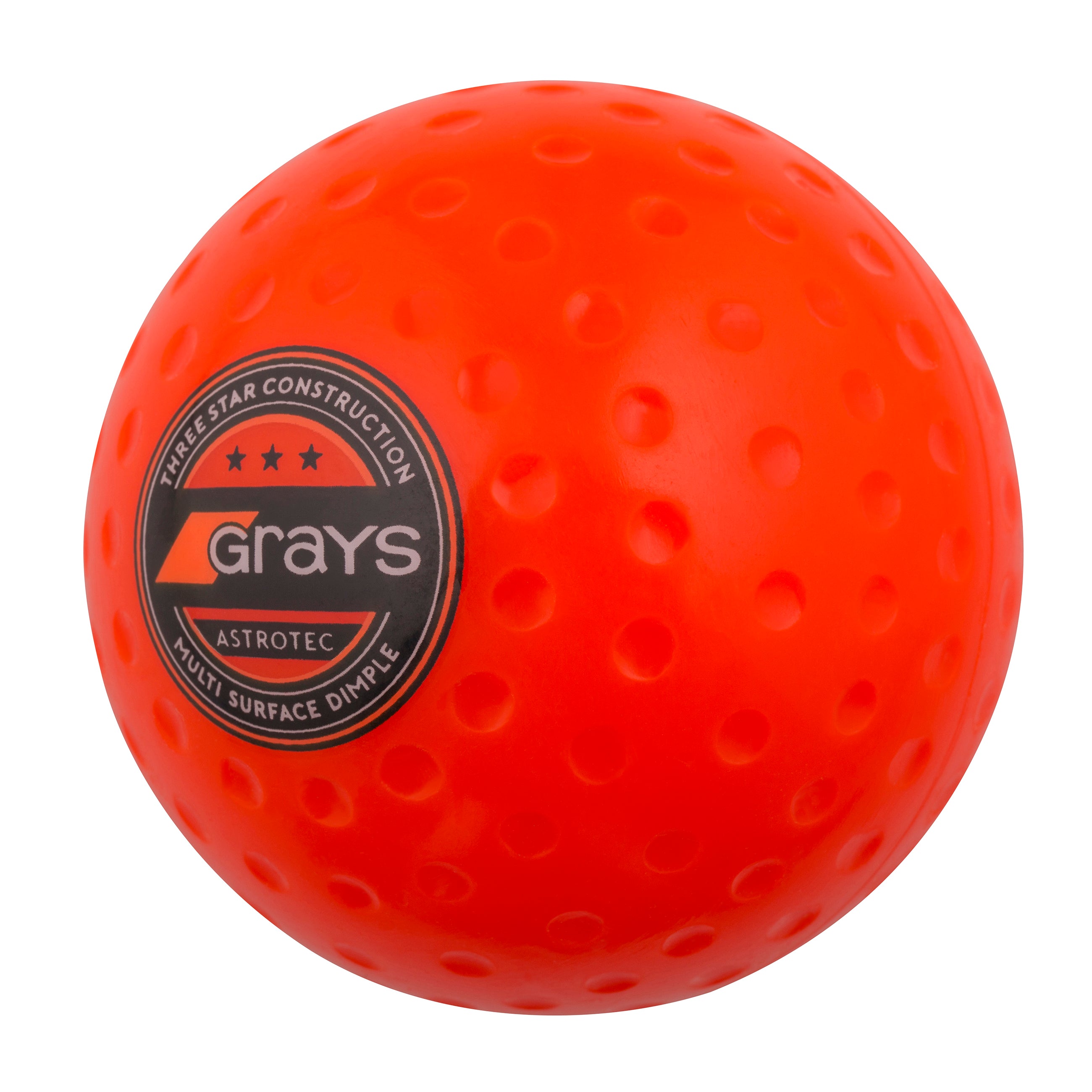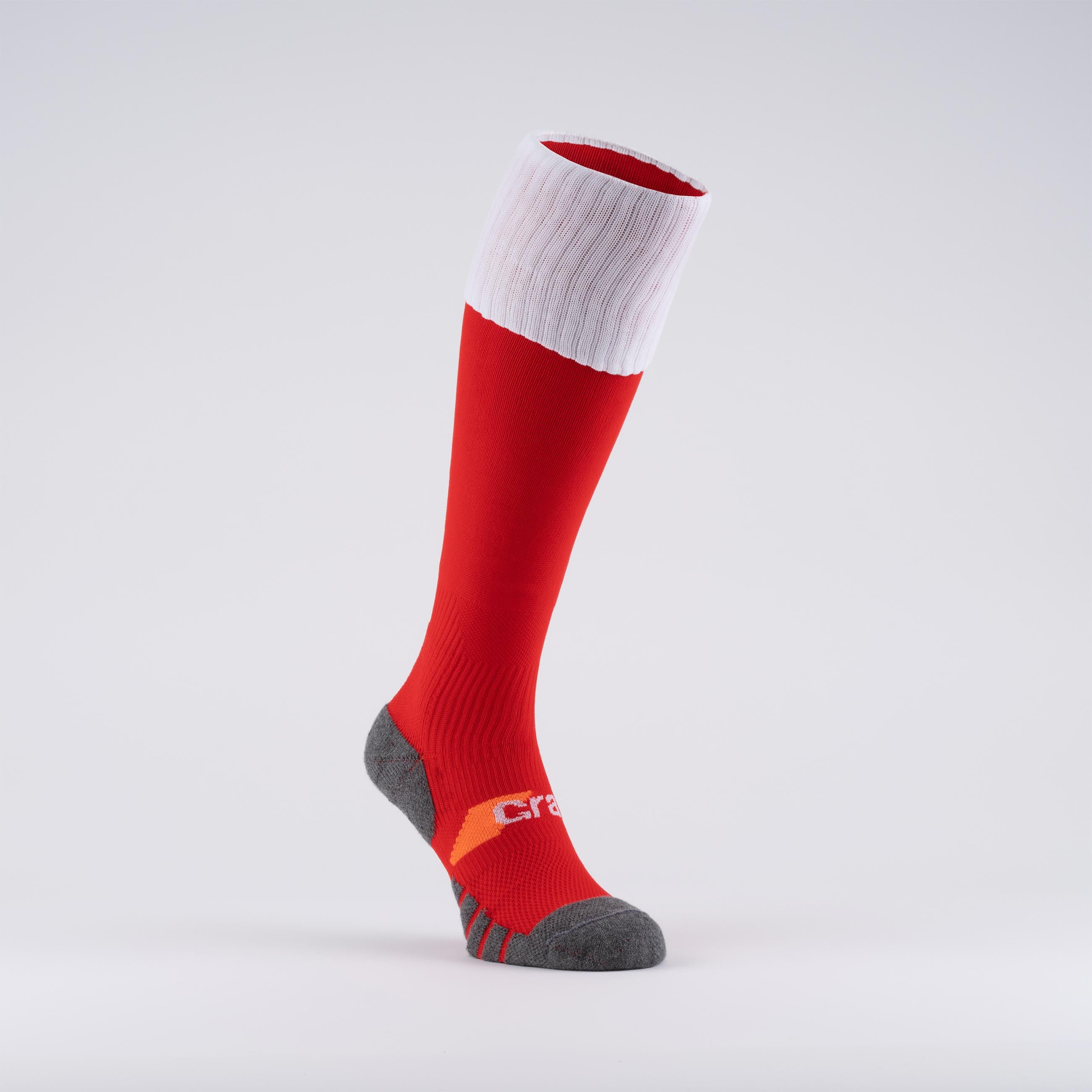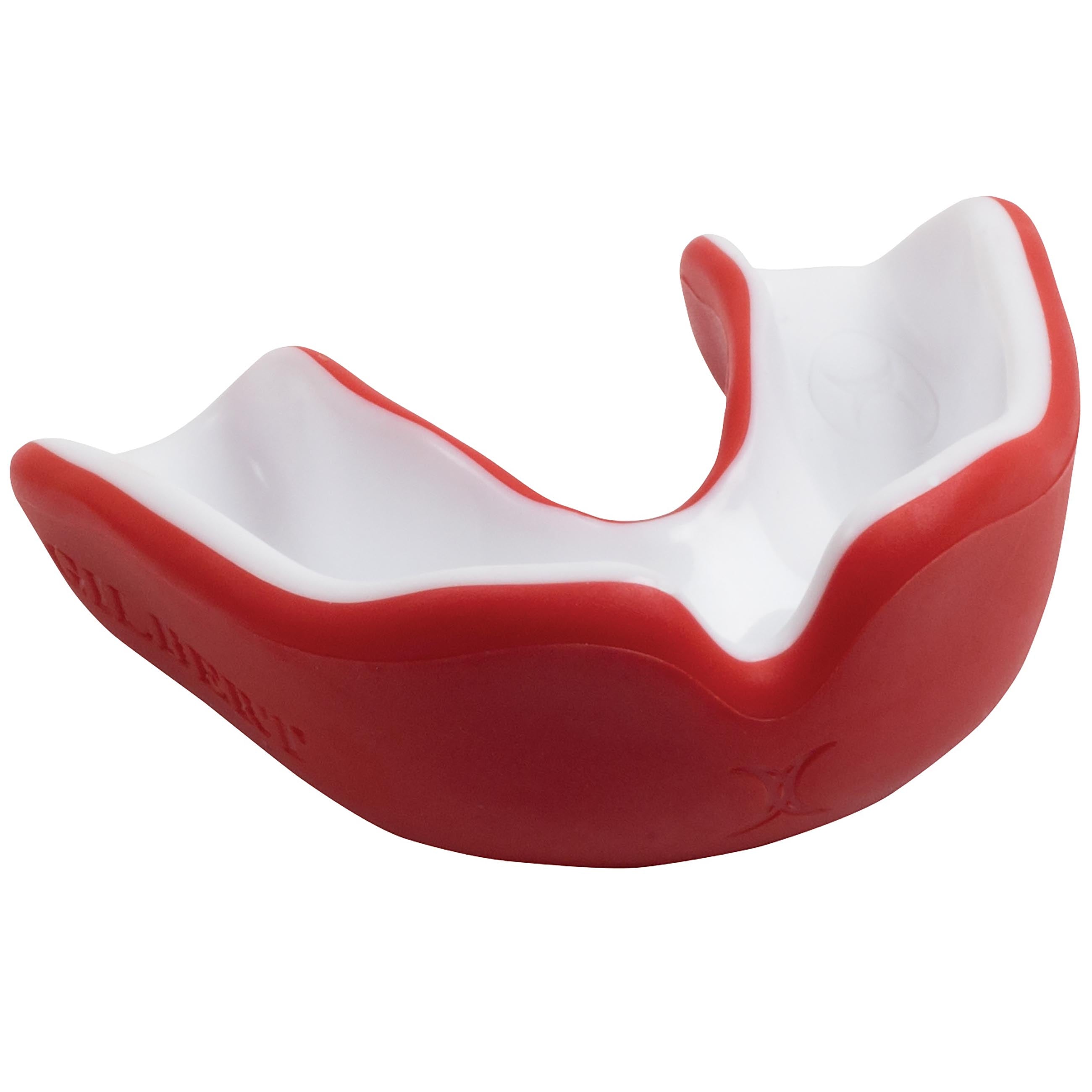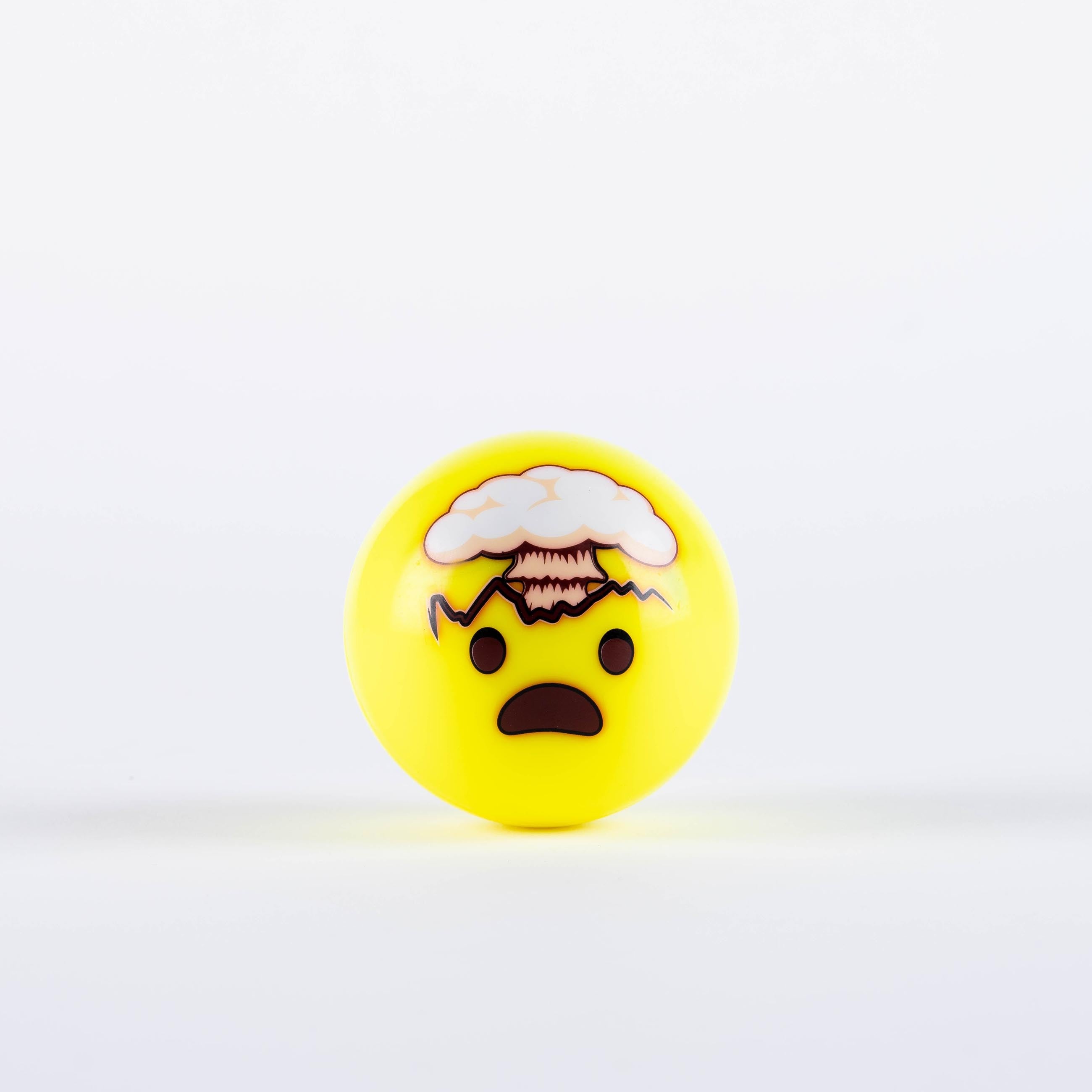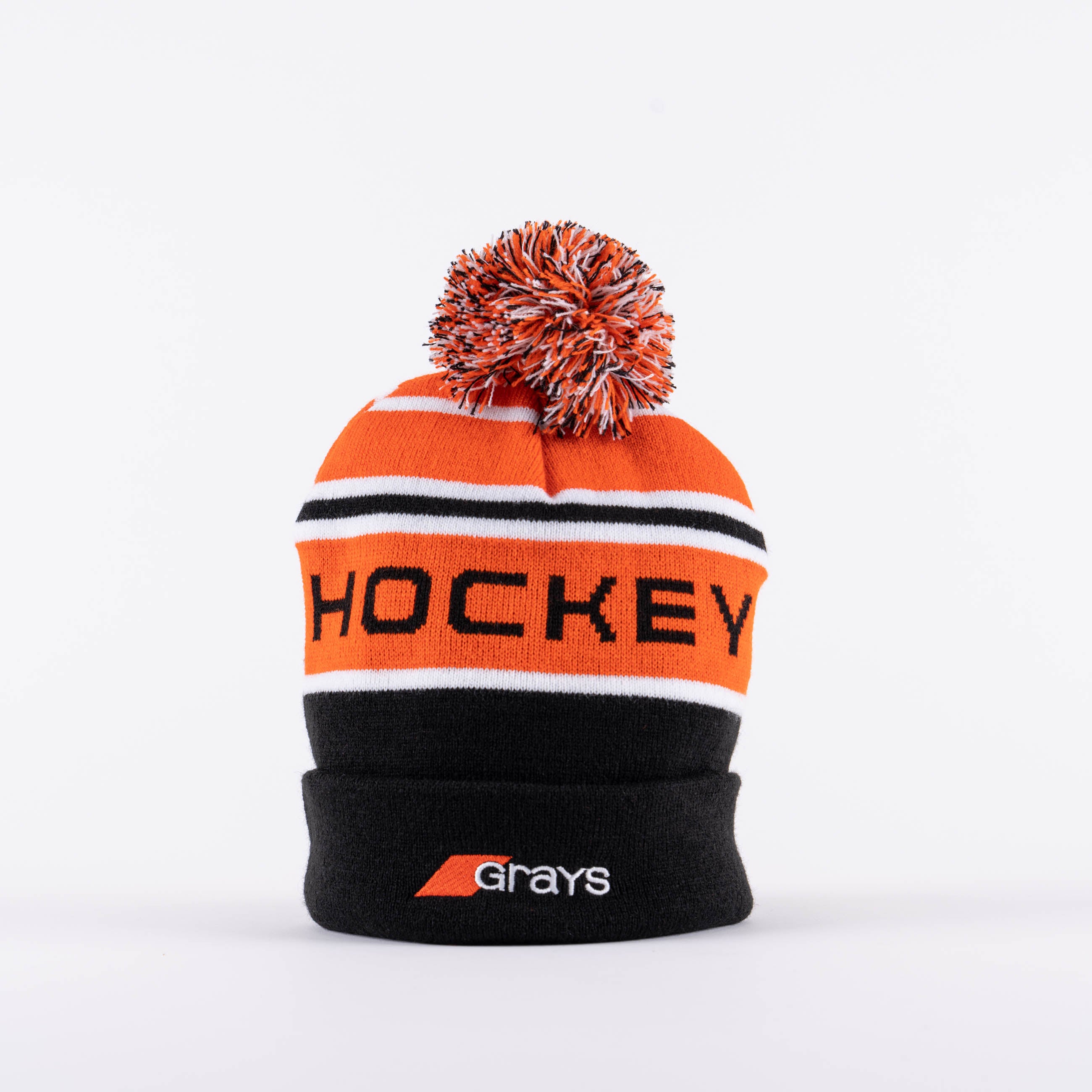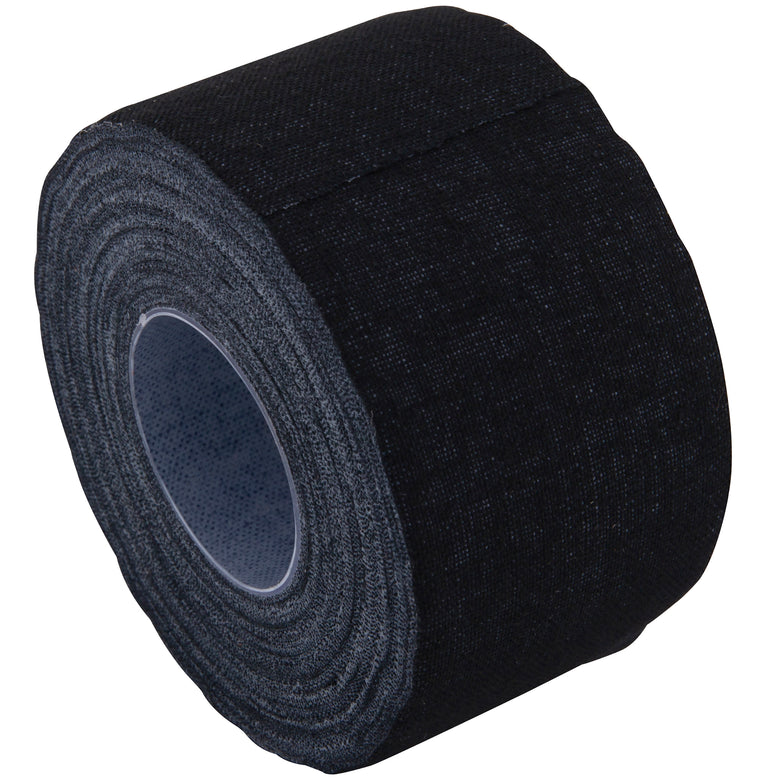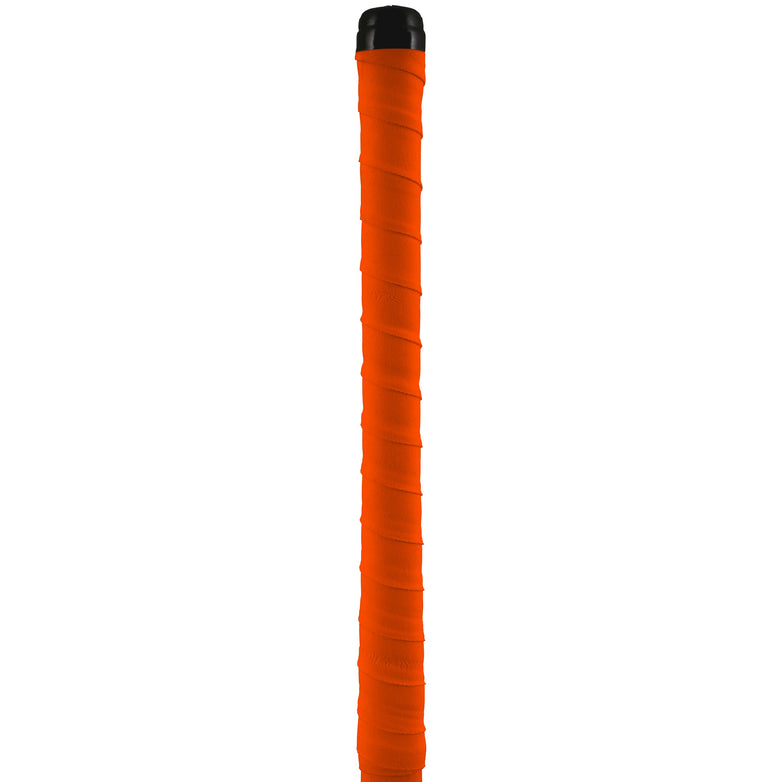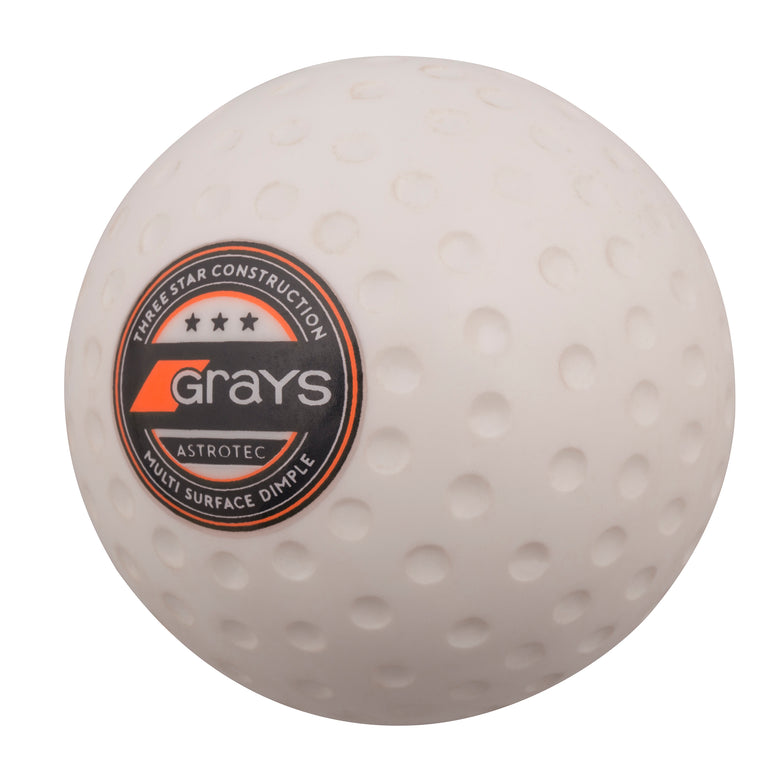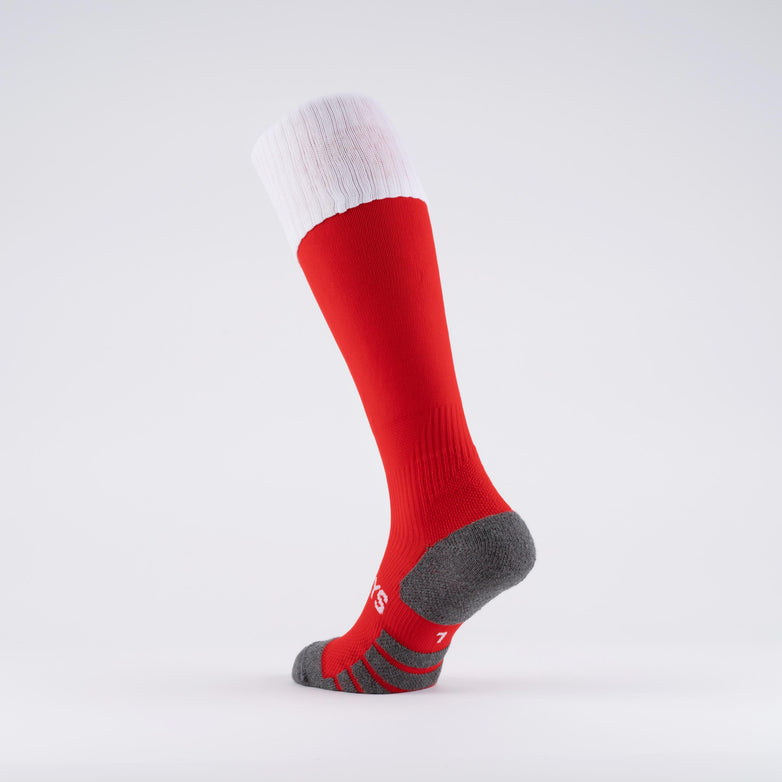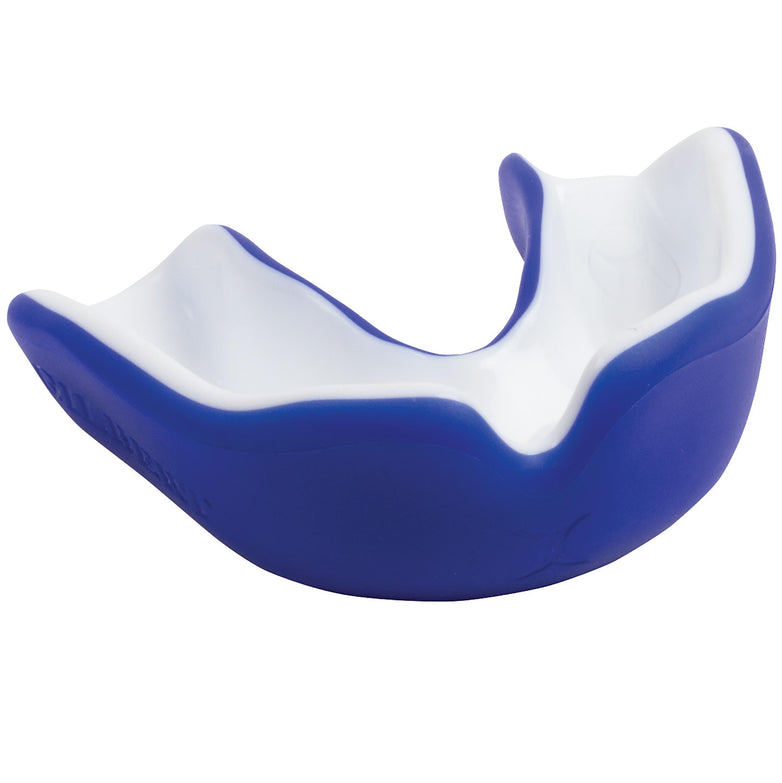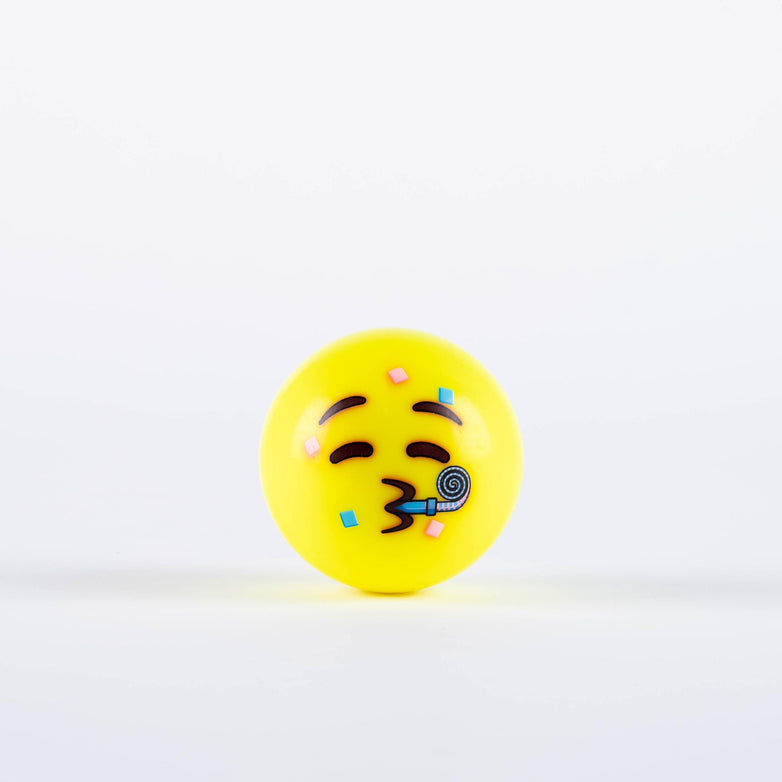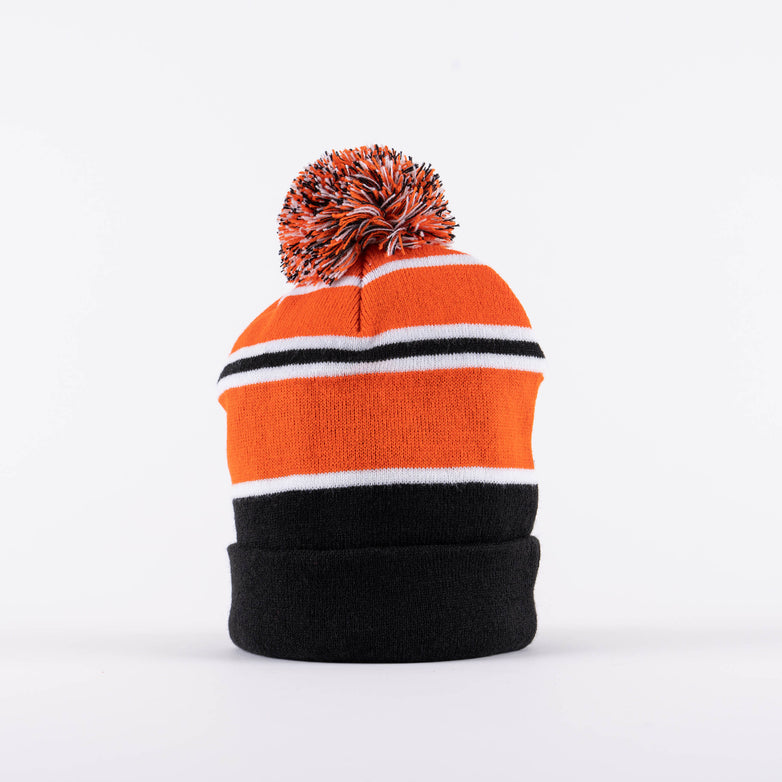For our team the catalyst for this change was the London Olympics. An injection of funding into our programme meant we could train full-time for the first time – an opportunity too good to waste.
Being part of the England and Great Britain teams from 1999-2016 amounts to seventeen years of experiencing the good, the bad and the ugly of high-performance sport through the ages. The amount of change I saw in that time was incredible. Even the game of hockey is so different now, but the knowledge gained from the world of science these days is mind-boggling. Physiotherapy, nutrition, strength and conditioning and psychology are integral to achieving sporting success.
Society is also changing, and as I’m learning in my Organisational Psychology MSc, research is beginning to grasp the depth of human beings. It’s beginning to understand what makes people tick, what motivates and inspires us to want to be the best version of ourselves, as individuals and as part of a team. No longer is it about being told what to do and how to do it. People want to own their destiny and be empowered to take control of the purpose and the environment they work and live in.
For our team, the catalyst for this change was the London Olympics. An injection of funding into our programme meant we could train full-time for the first time – an opportunity too good to waste. Not only did we train together on the pitch five times a week, which undoubtedly sped up our team understanding, the extra time together also allowed us to work on our culture; what you see, hear and feel. As players we were empowered to take ownership of our programme, and we did this through a strong Vision, Values and Behaviours that shaped decisions and drove standards.
Our VVB was worked on over months, with absolutely everyone inputting into the process and outcome. What we ended up with for London and Rio were very different, but that’s the point. They were unique to that squad at the time, the situation we were in, the context of the group. It’s no good trying to be like anything other than you, and as each squad, we decided what we wanted to be about and how we wanted to be remembered.
The Vision and Values helped to put us on the same page, to identify where we wanted to go, what was good and where we needed to improve. But when you’re in the daily routine and your muscles ache, or you’re not playing well and you’ve got a niggle and your quarterly review is coming up, a lofty Vision can sometimes seem quite far away. Staying in the moment therefore was critical, especially with the biggest uncertainty of them all constantly looming – selection. 31 players were in the final training squad for Rio, only 16 would get to pull on the GB vest and take to the Olympic pitch.
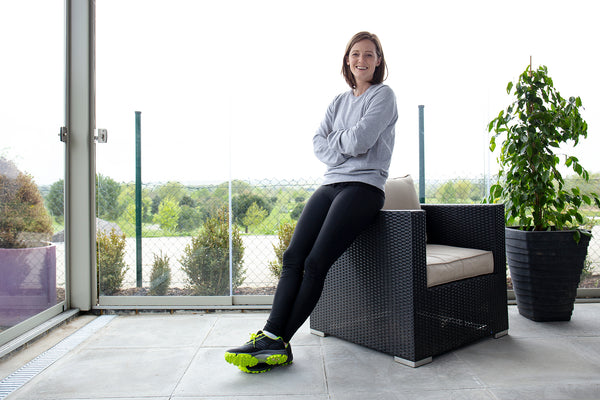
This is where the behaviours were paramount. The behaviours for me is what brought the Vision and Values off the page, it’s what made it live and breathe. They gave clarity over expectations without taking away individuality, and we built in an allowance for our imperfections as human beings. They helped us create the environment we wanted, which was to encourage challenge of others only after challenging yourself, with support always at the core.
Our self-awareness was fundamental for any of this to work, and we worked incredibly hard as a collective to get to know each other and ourselves. We were taken out of our comfort zone on a regular basis, noticing what happens to us under pressure. We used personality profiling and did exercises with our psychologist around our best and worst selves, to understand how our behaviours change and affect those around us, and ourselves. We identified our strengths to establish roles and bolster our value to the group, allowing each and everyone of us to deliver their job for the team with certainty and confidence.
However, none of this can be done without complete honesty. As you can imagine this is not, and was not an easy thing to do – but here lies the strength of our team. Being prepared to show up and be seen, to share why we are the way we are, and do the things we do, made us acutely vulnerable. But vulnerability sparked care, and the combination strengthened our bond and the willingness to do what it took for each other. It took time to get to this point. It didn’t happen overnight, and of course we were not all best mates, but we built a deep underlying trust and respect amongst the group. Having this, whilst under the pressure of an Olympic Games was gold dust.
Living and training in this wholehearted way revealed valuable information about our differences. Although we looked very similar, how we liked to work and communicate varied massively. Instead of trying to make everyone fit into one neat little box, we tried to embrace, harness and leverage on this difference. We didn’t shy away from the difficult conversations; in fact we put processes in place to make sure we had them. Monthly ‘player group’, ‘buddy group’ and ‘leadership group’ meetings all gave an opportunity for open discussions, and a space to air any disagreements or misgivings before they could turn into major sticking points.
Everything we did helped take luck out of the equation. No stone was left unturned in our physical, mental and emotional preparation and we played with a level of consistency I’d never felt before. By no means did we get it right all of the time, but we gave our all with good intentions and that’s all that matters.
The actual moment of winning the Olympic gold of course felt amazing, but knowing what we did to create what we did, and for that to match what people said they could see, hear and feel as they cheered us on from their sofas back home, is a pride that will live with me forever.
Helen won Gold for Great Britain alongside fellow #TeamGrays stars Maddie Hinch, Crista Cullen, Nicola White and Georgie Twigg.


